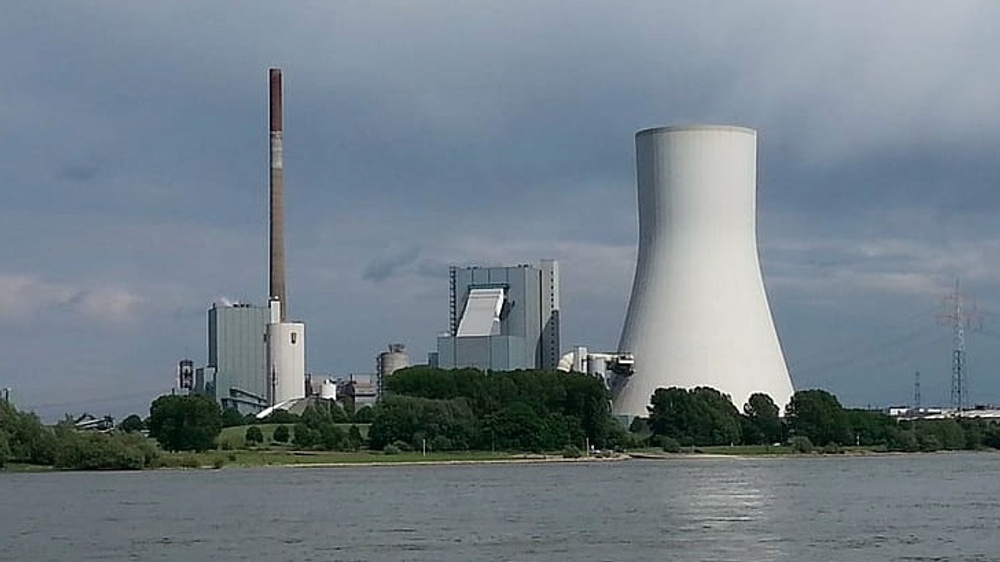Austria just closed its last-remaining coal-fired power plant.
The plant’s closure, which was announced last Friday, comes as the Austrian government tries to meet its goal of transitioning to 100 percent renewable energy by 2030.
According to Austria’s leading electricity company, Verbund, the facility—which is located in the Mellach province of Styria—generated heat and electricity to the area for 34 years.
“Austria is ending coal burning while supporting the uptake of renewable energy and the European Green New Deal,” Kathrin Gutmann, campaign director at Europe Beyond Coal, said in a statement.
“This is a great example of the path to healthier, cleaner, and more resilient societies,” Gutmann added.

Fossil Fuels Are Unsustainable
Fossil fuels like coal, oil, and gas are non-renewable sources of energy. High levels of heat and pressure within the earth’s crust converted million-year-old decayed animals and plants into sources of energy.
Fossil fuels are not a good energy source because they are finite. The process of extracting fossil fuels from the earth is also incredibly damaging.
According to the U.S. Environmental Protection Agency (EPA), “the largest source of greenhouse gas emissions from human activities in the United States [stems] from burning fossil fuels for electricity, heat, and transportation.”
“Electricity production generates the second-largest share of greenhouse gas emissions. Approximately 63 percent of our electricity comes from burning fossil fuels, mostly coal and natural gas,” the EPA revealed.

Austria’s Sustainability Pledge
Earlier this year, the new Austrian Federal Government announced an ambitious sustainability pledge. Along with revealing it planned to source all of its electricity from renewable energy sources by 2030, the country also said it would launch a one million photovoltaic roofing program—which converts lights to energy. This will help Austria achieve climate neutrality by 2040.
The new government also appointed a new ‘super ministry’ for environmental and climate protection. The new ministry will also help regulate the energy and infrastructure sectors.
“Photovoltaics in general and the one million roof program, in particular, will add substantially to these goals in a world where mobility is to be switched to electric driving and also fossil heating systems have to be replaced speedily during the next decades,” Leonore Gewessler, the new climate protection minister, told Forbes.com.


